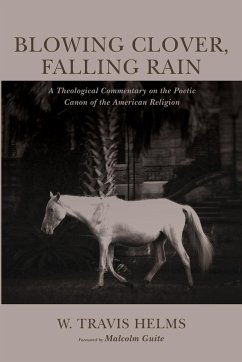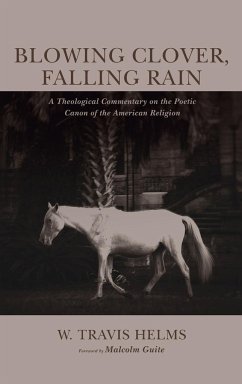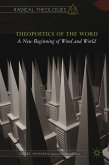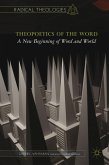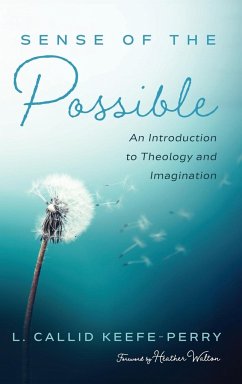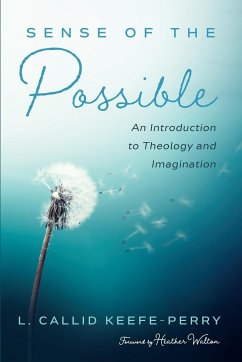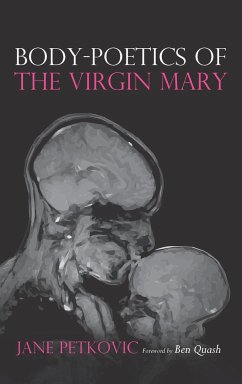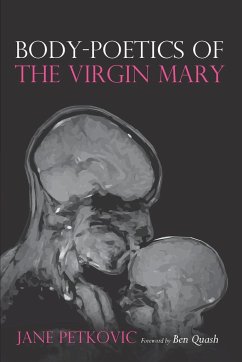The field of theopoetics explores the ways in which we ""make God"" (present)--particularly through language. This book explores questions of theopoetics as they relate to the central poetry of the American Sublime. It offers a fresh, theological engagement with what literary critic Harold Bloom terms the American religion (transcendentalism: Emerson's homespun mysticism). Specifically, it seeks to rehabilitate Emerson's concept of self-reliance from the charge of gross egoism, by situating it in the context of normative mysticisms Eastern and Western. It undertakes a more poetic approach to reading theologically-inflected poetry, by exegeting four poets collectively constituting Bloom's American religious ""canon"": Ralph Waldo Emerson, Walt Whitman, Wallace Stevens, and Hart Crane. It utilizes a modified version of the ancient fourfold allegorical mode of reading Scripture, to draw out theological dimensions of four quintessential texts (Nature, ""Song of Myself,"" ""Sunday Morning,"" ""Lachrymae Christi""), in order to offer a more imaginative way of reading imaginative writing. Building on Emerson's contention, ""just as there is creative writing, there is creative reading,"" and Bloom's claim, ""a theory of poetry . . . must be poetry, before it can be of any use in interpreting poems,"" it demonstrates the unique, viable ways in which poems are able to ""do"" theology--and perform or embody theopoetic truths.
Hinweis: Dieser Artikel kann nur an eine deutsche Lieferadresse ausgeliefert werden.
Hinweis: Dieser Artikel kann nur an eine deutsche Lieferadresse ausgeliefert werden.

